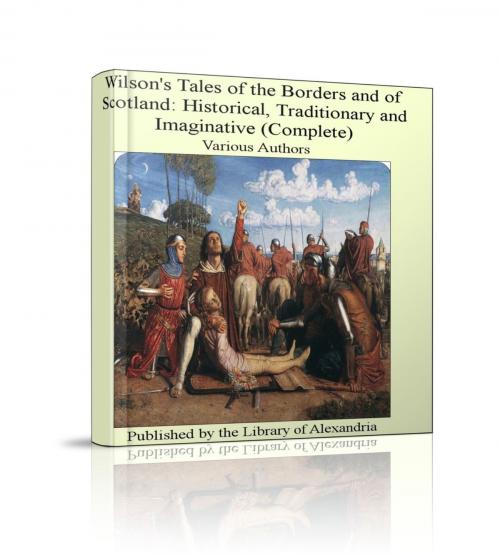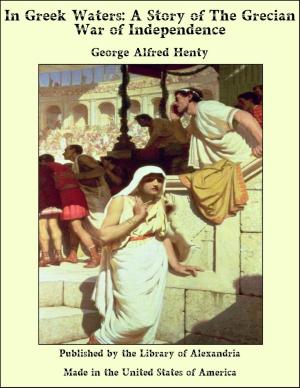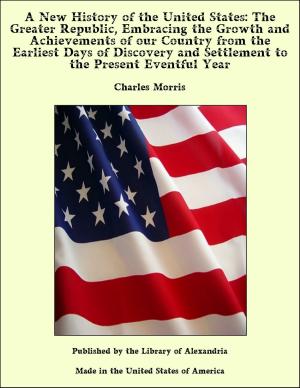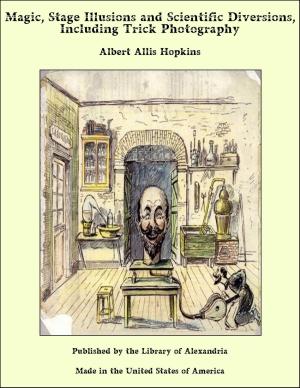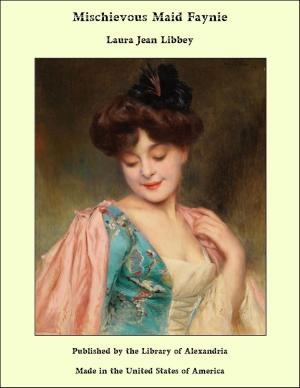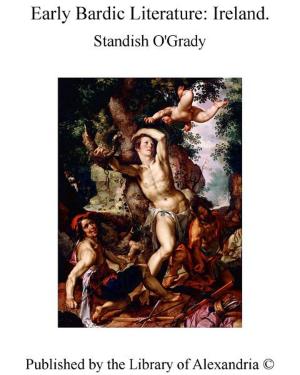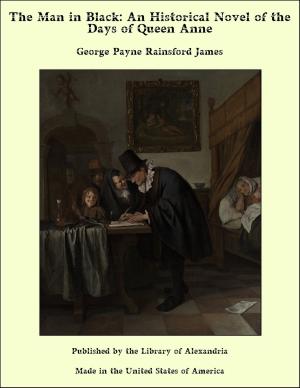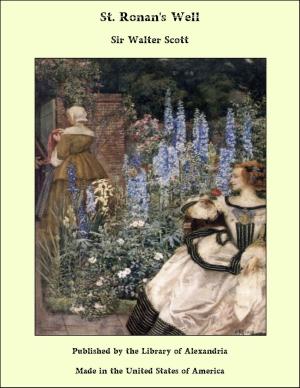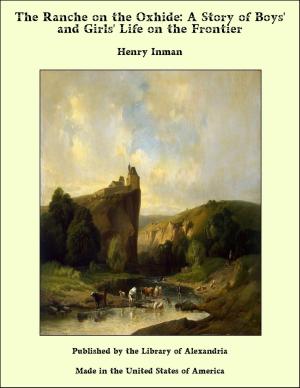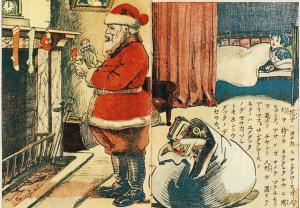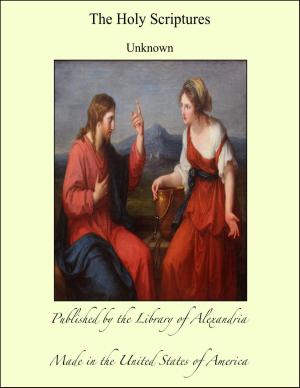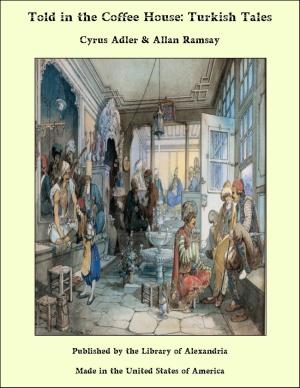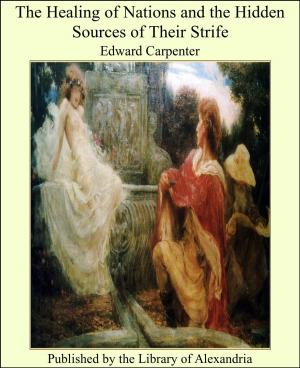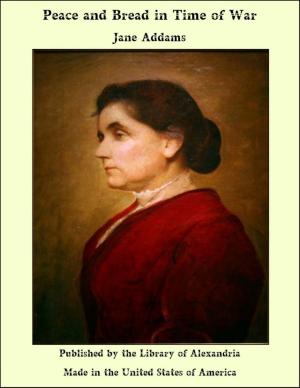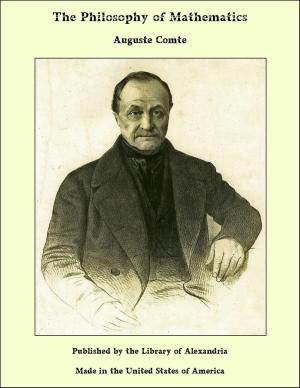Wilson's Tales of The Borders and of Scotland: Historical, Traditionary and Imaginative (Complete)
Nonfiction, Religion & Spirituality, New Age, History, Fiction & Literature| Author: | Various Authors | ISBN: | 9781465527202 |
| Publisher: | Library of Alexandria | Publication: | July 29, 2009 |
| Imprint: | Library of Alexandria | Language: | English |
| Author: | Various Authors |
| ISBN: | 9781465527202 |
| Publisher: | Library of Alexandria |
| Publication: | July 29, 2009 |
| Imprint: | Library of Alexandria |
| Language: | English |
This series of Tales, now so well known in this country and also in America, was begun by John Mackay Wilson, originally a printer, and who subsequently betook himself to literature. In the beginning of the undertaking he was inspired by a success probably greater than he had ever anticipated, and a sudden and wide-spread reputation induced him to overtask his energies, in a manner inconsistent with the care due to a delicate constitution. After having carried on the work, almost single-handed, for a period of more than a year—furnishing a tale every week—he took ill, and died. Subsequently, the charge of conducting the work devolved upon the present Editor, who was fortunate enough to secure the assistance of certain writers well qualified to sustain the reputation which the first part of the series had acquired. Among these were the late Hugh Miller, the late Professor Thomas Gillespie of St. Andrew's, Alexander Campbell, Alexander and John Bethune, and John Howell, all of whom possessed those natural gifts, enabling them to succeed in a species of literature which, while in one sense it may be called the most easy, is, in anOther, perhaps among the most difficult of any. The only condition by which the natural promptings of their genius might have been restrained was, that the contributions should be genuine stories, not the ordinary mixture of narrative, didactic essay, and fanciful prolusion, but tales in the proper every-day sense, with such an objectiveness as would portray, graphically and naturally, the men and women of the times, acting on the stage where they were destined to perform their strange parts, and would exclude all false colourings of a sentimental fiction, belonging to mere subjective moods of the writer's fancy or feeling. The greatest care was also taken with the moral aspect of the Tales, with the view that parents and guardians might feel a confidence that, in committing them into the hands of their children and wards, they would be imparting the means of instruction, and at the same time securing a guarantee for the growth of moral convictions. By such means, the Tales were kept true to history, legend, morality, and man's nature, and, at the same time, made acceptable to the great class of readers who had declared their predilection in favour of the manner of the early examples.
This series of Tales, now so well known in this country and also in America, was begun by John Mackay Wilson, originally a printer, and who subsequently betook himself to literature. In the beginning of the undertaking he was inspired by a success probably greater than he had ever anticipated, and a sudden and wide-spread reputation induced him to overtask his energies, in a manner inconsistent with the care due to a delicate constitution. After having carried on the work, almost single-handed, for a period of more than a year—furnishing a tale every week—he took ill, and died. Subsequently, the charge of conducting the work devolved upon the present Editor, who was fortunate enough to secure the assistance of certain writers well qualified to sustain the reputation which the first part of the series had acquired. Among these were the late Hugh Miller, the late Professor Thomas Gillespie of St. Andrew's, Alexander Campbell, Alexander and John Bethune, and John Howell, all of whom possessed those natural gifts, enabling them to succeed in a species of literature which, while in one sense it may be called the most easy, is, in anOther, perhaps among the most difficult of any. The only condition by which the natural promptings of their genius might have been restrained was, that the contributions should be genuine stories, not the ordinary mixture of narrative, didactic essay, and fanciful prolusion, but tales in the proper every-day sense, with such an objectiveness as would portray, graphically and naturally, the men and women of the times, acting on the stage where they were destined to perform their strange parts, and would exclude all false colourings of a sentimental fiction, belonging to mere subjective moods of the writer's fancy or feeling. The greatest care was also taken with the moral aspect of the Tales, with the view that parents and guardians might feel a confidence that, in committing them into the hands of their children and wards, they would be imparting the means of instruction, and at the same time securing a guarantee for the growth of moral convictions. By such means, the Tales were kept true to history, legend, morality, and man's nature, and, at the same time, made acceptable to the great class of readers who had declared their predilection in favour of the manner of the early examples.
